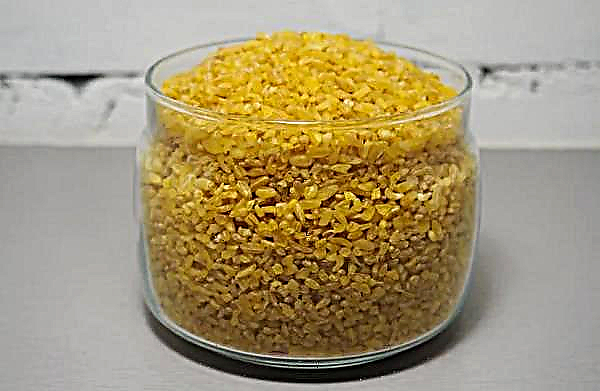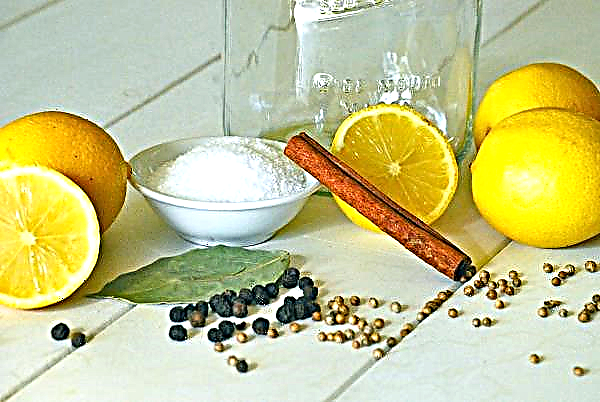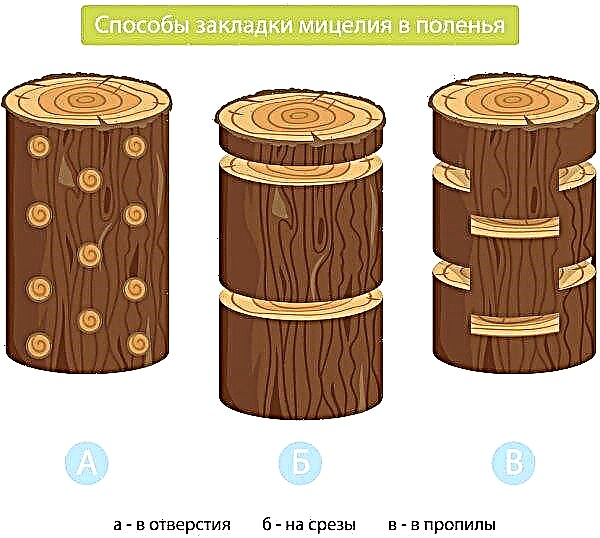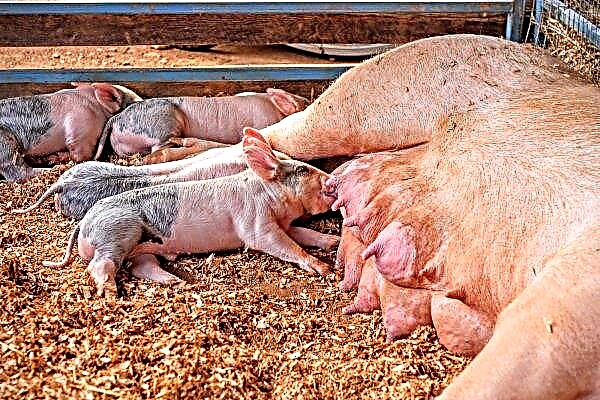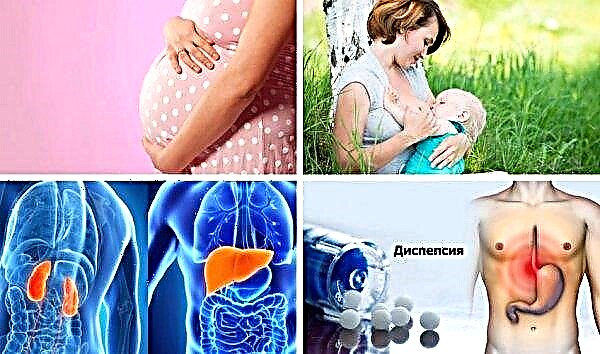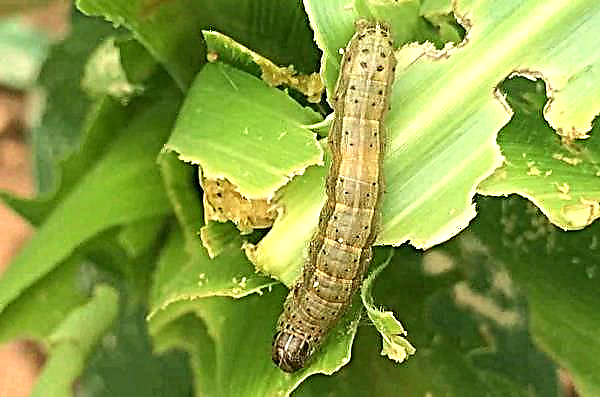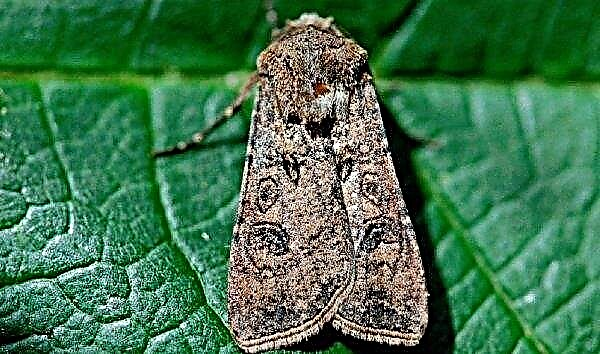With the fact that at least a pig is needed to make lard, today you can easily argue. An extra proof of this was the invention of Ukrainian enthusiasts.
From now on, not only avid meat-eaters, but even vegetarians can enjoy slices of aromatic bacon, appetizingly crushed with dill. In this case, not a single pig will suffer. Young specialists from Sumy Agrarian University took care of this. Students worked hard and showed the world a real substitute. According to them, this product was the result of a long and thorough study.
It turned out that if you properly combine gelatin and the simplest vegetable oil, an unusual product will be born. Of course, connoisseurs in one second will distinguish it from real fat, say student researchers. But they are confident that this invention will constitute a worthy alternative to pork delicacy.
“Such fat,” young scientists say, “can be eaten even by those who don’t eat animal products for any reason.
 Vegetarians can safely chop our "fat" and put it on the table along with other vegan dishes. Moreover, we have achieved the maximum effect of similarity with real fat. We can produce our product with various tastes and characteristics: high-calorie and dietary, salty and spicy, white and with a "slot", with spices and even sweet. "
Vegetarians can safely chop our "fat" and put it on the table along with other vegan dishes. Moreover, we have achieved the maximum effect of similarity with real fat. We can produce our product with various tastes and characteristics: high-calorie and dietary, salty and spicy, white and with a "slot", with spices and even sweet. "
Well, while the guys are experimenting with flavorings for their delicious invention, American scientists continue to develop and improve artificial meat. Silicon Valley young leaders have gone deeper into this area than others, and the most influential and wealthy businessmen on the planet finance their research. For example, the famous Bill Gates invests in the development of Memphis Meat, which is more actively than others demonstrating progress in the manufacture of high-quality artificial meat. "The production of this product is becoming cheaper every day, and the aroma and taste of such" meat "is less and less like fake ”, Researchers at Memphis Meat say.
It is not superfluous to add that the largest grocery enterprises are seriously interested in artificial pork and beef. And analysts predict that after a quarter of a century 20 percent of the meat market worldwide will be an artificial, but high-quality product. Which is not inferior in its nutritional and beneficial properties to real meat.
“At the same time, meat will not contain antibiotics and growth hormones, which can so often be found in meat products on the shelves of modern supermarkets,” analysts emphasize. “And the cost of such a super product will be significantly lower than natural.”

